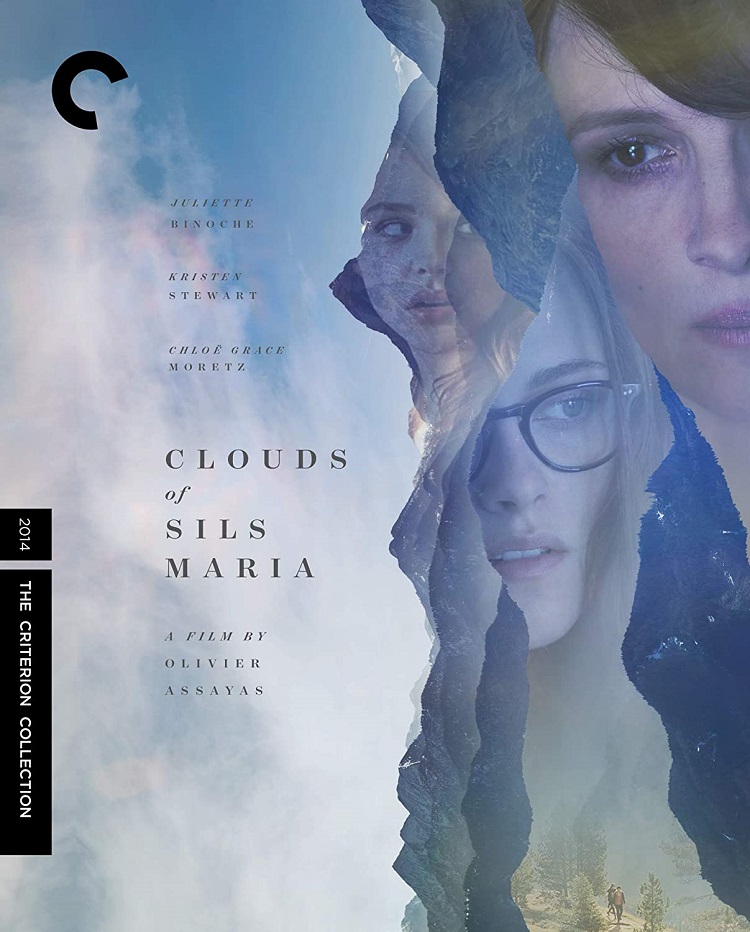
Written by Elias Levey-Swain
With Clouds of Sils Maria, Olivier Assayas has created something that is both desperately intrusive and hypnotically magical. It is neither earthbound nor ethereal, rather it transcends definition in its creation of a brand new world whose story begs to be told. Juliette Binoche delivers her most impressive work in at least a decade as the veteran French actress Maria Enders. She is jaded, and she resents the youth for the way in which they take their talent and fame for granted. However cynical she has become, she is grounded by the presence of her personal assistant Valentine.
In Kristen Stewart’s Cesár Award-winning, and otherwise powerhouse turn as Valentine, she shows us something that is so rarely displayed on screen. Stewart has moved past her days as Bella Swan, and has sadly left Adventureland behind as well, but she has taken her career in infinitely interesting directions. Both actresses’ work in the film is some of the best of the year, and is intensely satisfying to behold both on the small screen and the large.
The film (both directed and expertly written by Assayas) moves through volumes of Enders’ life as she prepares to perform in the re-staging of the play which thrust her into the spotlight decades earlier. The play’s renaissance comes at the time of the playwright’s death, and constituting a pattern in the film, it is to be directed by a burgeoning new talent in the film and theater industries. Not only must Enders accept the death of her friend, and the immense time that has passed since she first realized her fame, but she must come to terms with the fact that she will not be reprising her original role, rather she will take on the role of an older character, whom she sees as a broken, shell of a woman.
Her original character is to be played by a younger, reckless actress (Chloë Grace Moretz’s stunning Jo-Ann Ellis) who serves in this context as a criticism of Hollywood and the MTV generation. This is all the more palpable and culturally relevant now, as we have moved past the MTV generation and are well into the decade of TMZ and Kim Kardashian. However, this fresh-faced, hair-dyed American girl is not only a symbol of America’s foremost cultural criticisms, but a symbol of the youth of which Enders is having trouble letting go.
Brilliantly enough, Assayas is capable of telling multiple stories at once by way of the same self-reflective narrative. Enders’ struggle is not simply for a quick moment of catharsis while looking out over an expansive Swiss mountainscape – a moment that is in fact included in the film – but also for some form of emotional and professional freedom. She is under a self-inflicted arrest, accompanied always by Stewart’s Valentine, and surrounding herself with people who only further remind her of her stress and her pain and her lust for the past. She clings to Valentine because she represents another life lived in, and another path followed, but she rejects even the concept of Moretz’s Jo-Ann Ellis because she serves only to remind Maria of who she is, and whom she wishes she still could be.
Clouds of Sils Maria is a brilliant and crucial piece of cinema, which after two viewings still has me wanting more.